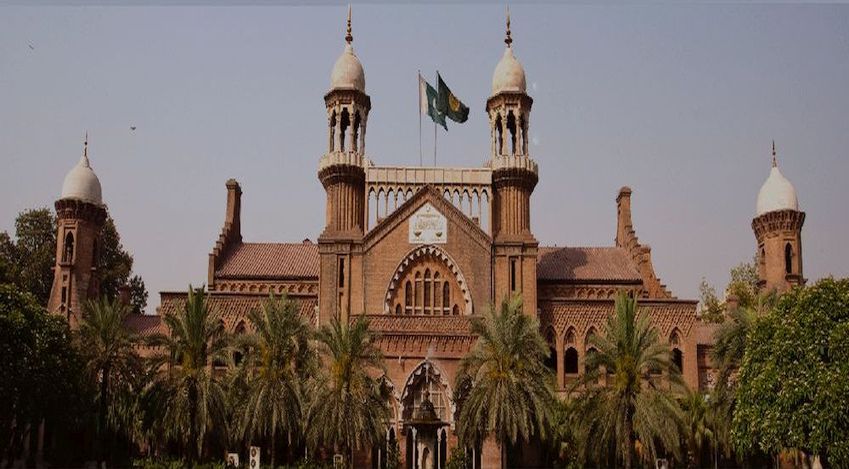Under Article 199(1)(b)(ii) of the Constitution of Pakistan, the Writ of Quo Warranto can only be filed within Territorial Jurisdiction of High Court where the respondent holds a Public Office --- Lahore High Court, Lahore
Islamabad 07-10-2024: The Lahore High Court has declined to entertain a constitutional petition challenging the appointment of the Chairman of the National Tariff Commission (NTC), citing a lack of territorial jurisdiction. The petition was directed to be returned to the petitioner for filing before the Islamabad High Court, Islamabad.
The petition, identified as Writ Petition No. 57829/2024, sought to contest the appointment of the respondent No.3 as a Member of the NTC and his subsequent appointment as Chairman of the Commission through notifications dated August 30, 2023. The petitioner argued that the appointments violated legal and constitutional provisions and also challenged an order dated May 4, 2024, passed under Section 63 of the Anti-Dumping Duties Act, 2015.
During the hearing, the Assistant Attorney General for Pakistan raised a preliminary objection regarding the maintainability of the petition before the Lahore High Court. He argued that since the respondent was appointed and stationed in Islamabad, the appropriate forum for filing the petition would be the Islamabad High Court. The counsel for the petitioner contended that since the NTC’s jurisdiction extends across Pakistan, the petition could be filed in any High Court, including Lahore.
However, Mr. Justice Abid Aziz Sheikh of the Lahore High Court ruled that under Article 199(1)(b)(ii) of the Constitution of Pakistan, the writ of quo warranto can only be filed in a High Court where the respondent holds or purports to hold a public office within its territorial jurisdiction. The judge emphasized that respondent No.3 was holding the position of Chairman of the NTC in Islamabad, and thus, the Lahore High Court lacked the jurisdiction to hear the case.
The Court further elaborated on the legal principle of territorial jurisdiction by referring to the precedent set in the “Mirza Luqman Masud vs. Government of Pakistan” [2015 PLC (C.S.) 526] case. The judgment also cited the Supreme Court’s ruling in “Sandalbar Enterprises (Pvt.) Ltd vs. Central Board of Revenue” [PLD 1997 Supreme Court 334], which stressed that the dominant object of the writ petition must determine the appropriate forum for adjudication.
Mr. Justice Abid Aziz Sheikh concluded that the dominant object of the present petition was to challenge the appointment of the NTC Chairman, which falls under the territorial jurisdiction of the Islamabad High Court. The Lahore High Court, therefore, directed the office to return the petition to the petitioner under Order VII Rule 10 of the Code of Civil Procedure, 1908, for presentation before the Islamabad High Court, if the petitioner so desired.
This decision reinforces the principle that High Courts must adhere to the territorial limits prescribed by the Constitution when adjudicating petitions, particularly in cases involving the writ of quo warranto. The ruling is expected to guide future petitions concerning appointments of public office holders across different jurisdictions in Pakistan.
Powered by Froala Editor








